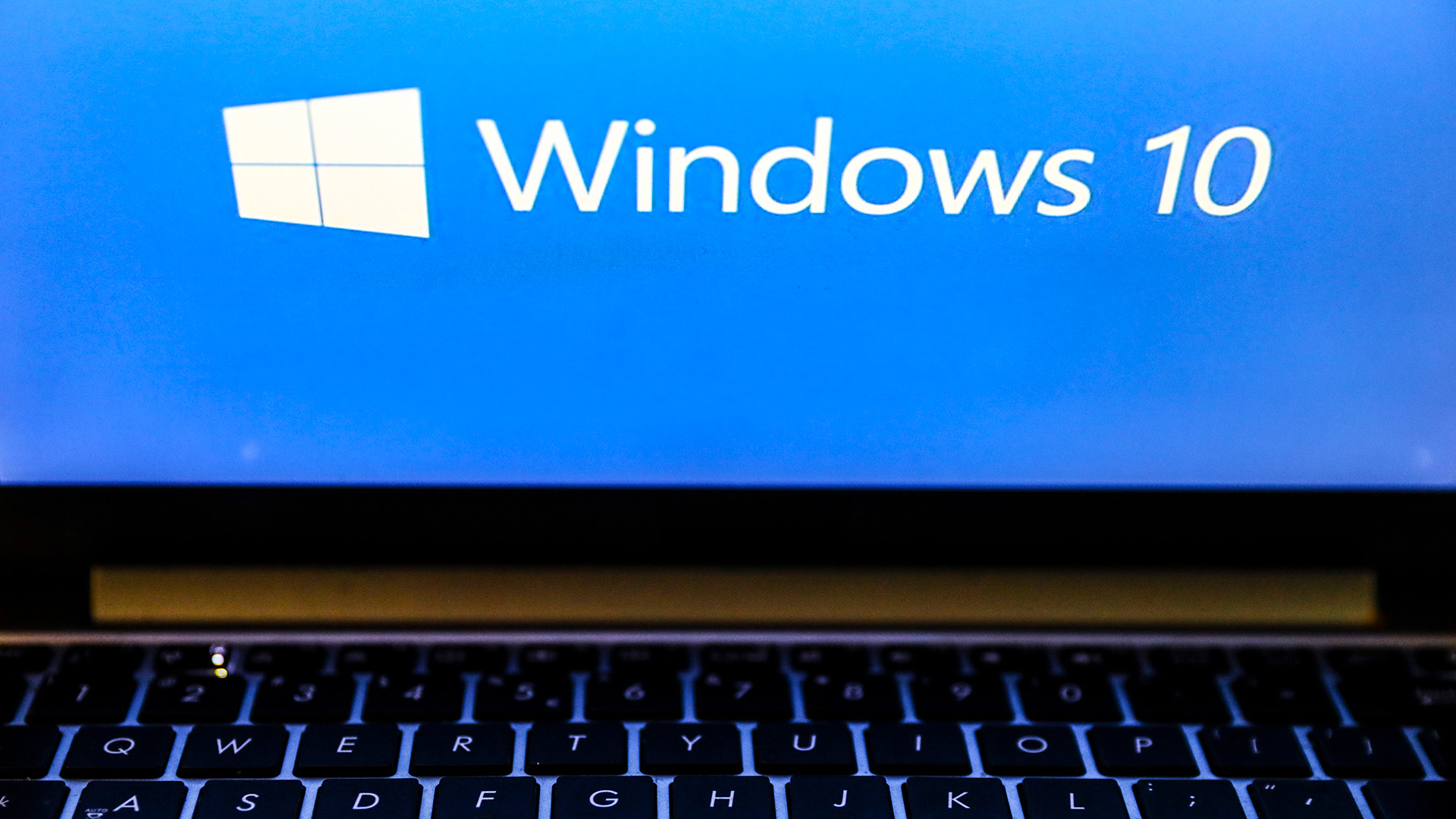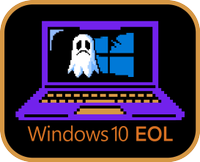Refurbished Windows 10 PCs on the 'Back Market' combat Microsoft's programmed obsolescence with ChromeOS and Linux
Before Microsoft cuts support for Windows 10 on October 14, Back Market steps in to give old PCs a second life.


All the latest news, reviews, and guides for Windows and Xbox diehards.
You are now subscribed
Your newsletter sign-up was successful
In less than a month from now, Microsoft is expected to pull the plug on Windows 10, leading to its inevitable death. The end is nigh. The move has received a lot of backlash from users, including the Public Interest Research Group (PIRG), which claims it could lead to the single biggest jump in junked computers ever.
While Microsoft seemingly extended support for the operating system through its Extended Support Updates (ESU) program by syncing your PC settings to the cloud via a Microsoft account, redeeming 1,000 Microsoft Reward points, or paying $30 for that ESU program, which now supports up to 10 devices, the group says it's not a "viable solution" for the 400 million PCs that can't upgrade to Windows 11.
Similarly, The Restart Project co-developed the "End of 10" toolkit, which is designed to support Windows 10 users who can't upgrade to Windows 11 after the operating system hits its end-of-support date.
The group says Microsoft's ESU program feels like a last-minute snooze button, which only acts as a band-aid on a bleeding system, as it only postpones the problem by 12 months. HP and Dell recently indicated that half of the global PCs are still running Windows 10, positioning Microsoft to make north of $7.3 billion from its enterprise clients alone.
Critics have placed Microsoft on the spot for moving forward with its plans to end support for Windows 10, claiming the company is using programmed obsolescence to push users to upgrade to Windows 11 and potentially even buy Copilot+ PCs.
Back Market aims to counter Microsoft's planned obsolescence as Windows 10 support ends
But as it now seems, there might be a light at the end of the tunnel for Windows 10 users after Microsoft cuts support for the OS. According to a spot by Fast Company, Back Market, a refurbished tech vendor based in Paris, is capitalizing on Windows 10's end-of-life, and is now selling a limited run of old HP and Lenovo laptops.
Perhaps more interestingly, the devices are pre-installed with Google’s Chrome OS Flex operating system. It's worth noting that the vendor only had/has 50 units available, which can barely make a dent in the 400 million PCs that are set to fall victim to Microsoft's "programmed obsolescence" on October 14, 2025.
All the latest news, reviews, and guides for Windows and Xbox diehards.
However, Back Market’s chief product officer, Amandine Durr, says the company is heavily invested and committed to turning old and unsupported PCs that can't upgrade to Windows 11 into a new product category.
I visited Back Market's website and found its "Obsolete Computer" section.
On October 14th, nearly 400 million* working laptops will become obsolete, because Microsoft will not provide them with Windows 11 updates. It’s called planned obsolescence, a trick Big Tech uses to make you buy new stuff. Enough already. We refuse to watch hundreds of millions of perfectly good computers end up in the trash as e-waste, the fastest growing stream of waste in the world.
Back Market
The company further describes planned obsolescence as a strategy adopted by big tech companies like Microsoft, which is designed to force users into buying new products after their products become outdated and unusable after a specific period of time, leading to permanent environmental damage.
Back Market highlights three steps users can take to escape this tough spot: installing ChromeOS or Linux Ubuntu on old Windows 10 PCs, extending device lifespan with practical tips, and joining a repair community.
Microsoft has doubled down on its campaign to get users to upgrade to Windows 11 with bold claims like"Windows 11 PCs are up to 2.3x faster than Windows 10 PCs," but it remains to be seen if it will maintain its massive hold and market share as the most dominant desktop operating system in the world. However, rival platforms like Linux are starting to gain traction with incentives like a lack of ads and telemetry tracking fueling the switch from Microsoft's ecosystem.

Follow Windows Central on Google News to keep our latest news, insights, and features at the top of your feeds!

Kevin Okemwa is a seasoned tech journalist based in Nairobi, Kenya with lots of experience covering the latest trends and developments in the industry at Windows Central. With a passion for innovation and a keen eye for detail, he has written for leading publications such as OnMSFT, MakeUseOf, and Windows Report, providing insightful analysis and breaking news on everything revolving around the Microsoft ecosystem. While AFK and not busy following the ever-emerging trends in tech, you can find him exploring the world or listening to music.
You must confirm your public display name before commenting
Please logout and then login again, you will then be prompted to enter your display name.

